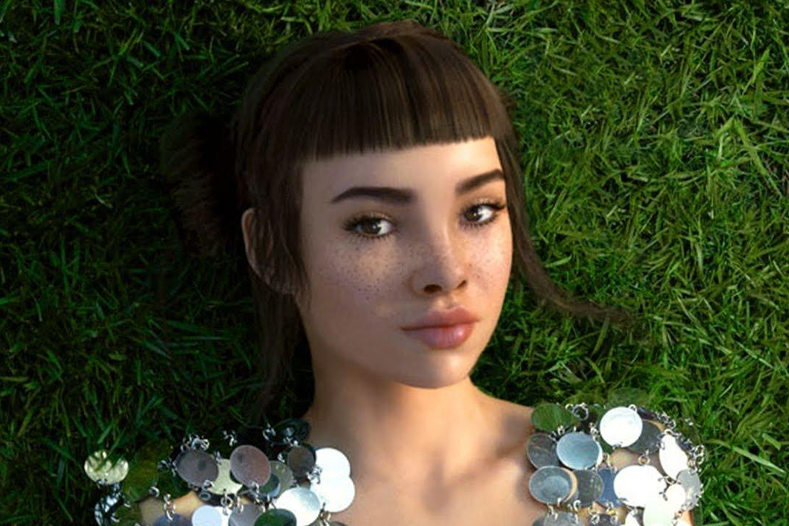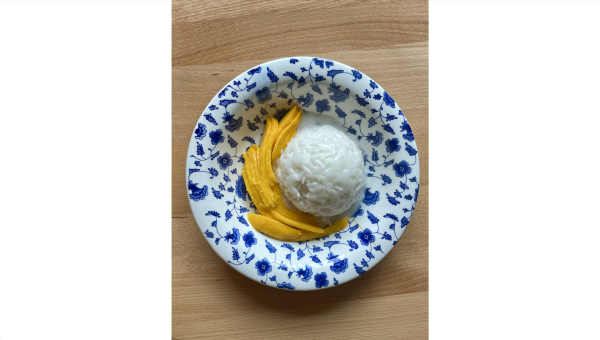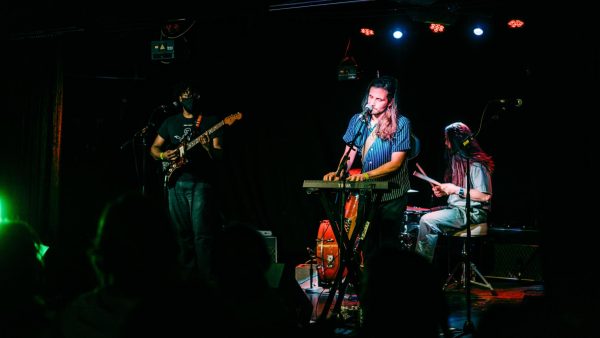Reliving History 3—Lil Miquela and Ashley Too
This week, Los Angeles-based talent and sports agency CAA signed one of Time’s Most Influential People on the Internet. She’s an influencer and singer with over 2.2 million followers on Instagram, over 576,000 followers on the newly popular app Tik Tok and she’s been featured in campaigns for Calvin Klein, Prada and Samsung.
Reading about this person, you’d think she’d be a real flesh and blood woman making her mark on Internet culture. To many people’s surprise, Lil Miquela, who’s also referred to as Miquela, is a hyper-realistic CGI character created by Los Angeles-based startup Brud back in 2016. Her internet fame didn’t start to take off until 2018, once her creators decided to feature her in online brand deals, advertisements and magazine features.
When I saw the headline earlier this week, I immediately thought about the latest season of Black Mirror—specifically the last episode, “Rachel, Jack and Ashley Too.” The episode is loosely based on Miley Cyrus’ career, how she felt trapped by the confines of Disney (It’s not a coincidence that the main protagonist’s dad is a mouse exterminator) and eventually gained the freedom to create music that spoke to her, not just mainstream audiences.
Towards the end of the episode, after Ashley is freed from the coma her money-hungry aunt intentionally puts her in, we see what her Aunts’ true vision for Ashley is.
This self-seeking vision involves stealing lyrics from Ashley’s conscious, digitally altering her voice to perfection and, to top it all off, a hologram of her that performs without ever missing a note, without ever feeling fatigued and with the ability to transform into a literal larger-than-life icon.
We’ve seen this happen to countless stars like 2Pac, Michael Jackson and Amy Winehouse, who were turned into holograms after their sudden and tragic passing, promptly sparking debates on how ethical it is to use these public figures’ likenesses without any prior consent from when they were alive.
With Miquela, we’re entering unfamiliar territory. She’s not modeled after any real person and all of her content is original. So, what’s the big deal? Why does this leave me with a bad taste in my mouth?
Black Mirror is virtually the opposite of a high school history textbook, but the message is the same: to hold up a mirror to society and show us the future, but more specifically, the paths we follow as a global society if we start to gradually let our humanity slip away from us.
Both the “Rachel, Jack and Ashley Too” and Miquela’s situation have one thing in common that cannot be ignored. We’re taking positions away from real people in the entertainment industry, favoring figures who can digitally alter themselves to the point no human could come close to their level of “perfection.”
Scrolling through Miquela’s Instagram page and watching her latest music video for her newest release “Speak Up,” nothing connects with me. I’m not looking at a real person, she doesn’t have any real opinions, and she’s not emoting any real emotions—she’s just simulating what her creators programmed her to do.
Her creators at Brud described her to Variety as a “Gen Z tastemaker,” when you can see, plain and simple, she’s a conduit to sell more products in our ever-expanding digital world.











